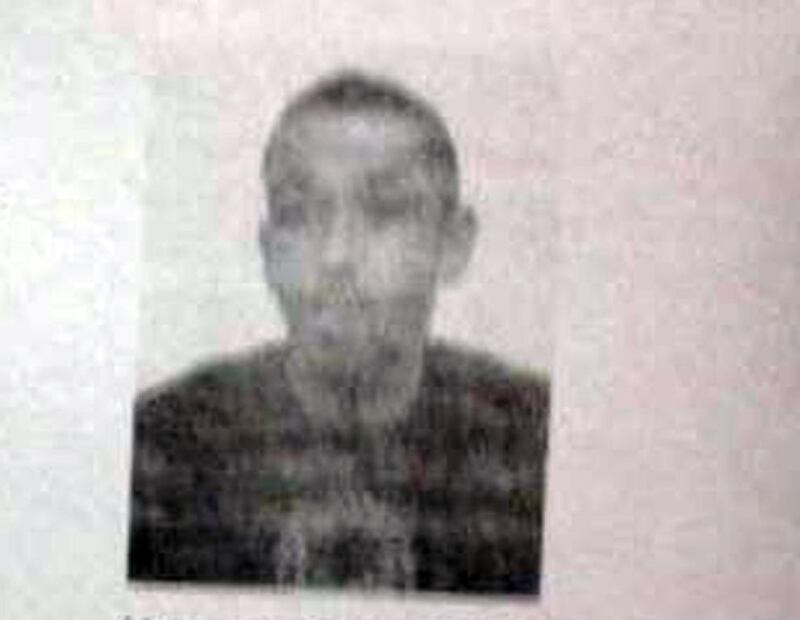Tackling the rise of extremist groups such as ISIL is an enormously complex task. It requires an understanding of the ideology that gains recruits, of the motives of its leaders and of the countries and communities in which it operates. And all of that is quite apart from the tactics of the military fight against the group.
Given the complexity, anything that detracts from understanding the group and the broader narrative of extremism is a deadly waste of time. That’s why a study released in the United States has warned that the debate on extremism has become too focused on fear and not enough on the real driving forces of unrest.
The author of the report, Anthony Cordesman, notes that many of the most affected countries, especially Syria and Iraq, have divisions along ethnic lines and geographical tensions that have very little to do with religion. To see all of the fractures of the region as based on religious differences or teachings is to miss the diverse nature of the reasons why some move towards extremism.
Extremist groups such as ISIL are immensely seductive. They have lured in both the educated and petty criminals; Arabs, Europeans and Asians; men and women from different socio-economic backgrounds. With such a wide spread of experience, it is clear that there is something in the backgrounds and life experiences of these recruits that is also driving them.
Take two recent examples. As The National reported yesterday, thousands of Chinese militants have gone to fight in Syria since the beginning of that country’s war. Some joined ISIL, others joined Al Qaeda or other groups.
While many don’t speak Arabic, a significant number are from the same province in China – Xinjiang, in the far west, where a majority are Uighur Chinese, an ethnic group distinct from the Han Chinese who live on the coast. The initial driver towards tension with the Chinese state is thus not Islam necessarily but other local tensions.
The same applies to Karim Cheurfi, the man who killed a policeman and wounded two others in Paris, in an attack admitted by ISIL. Cheurfi had spent 12 years in prison for attacking police officers. None of this means that religious extremism is not a driving force for many attackers. It is. But it is not the whole story. Those who focus too much on only one aspect are in danger of missing the bigger picture that could provide real answers.





